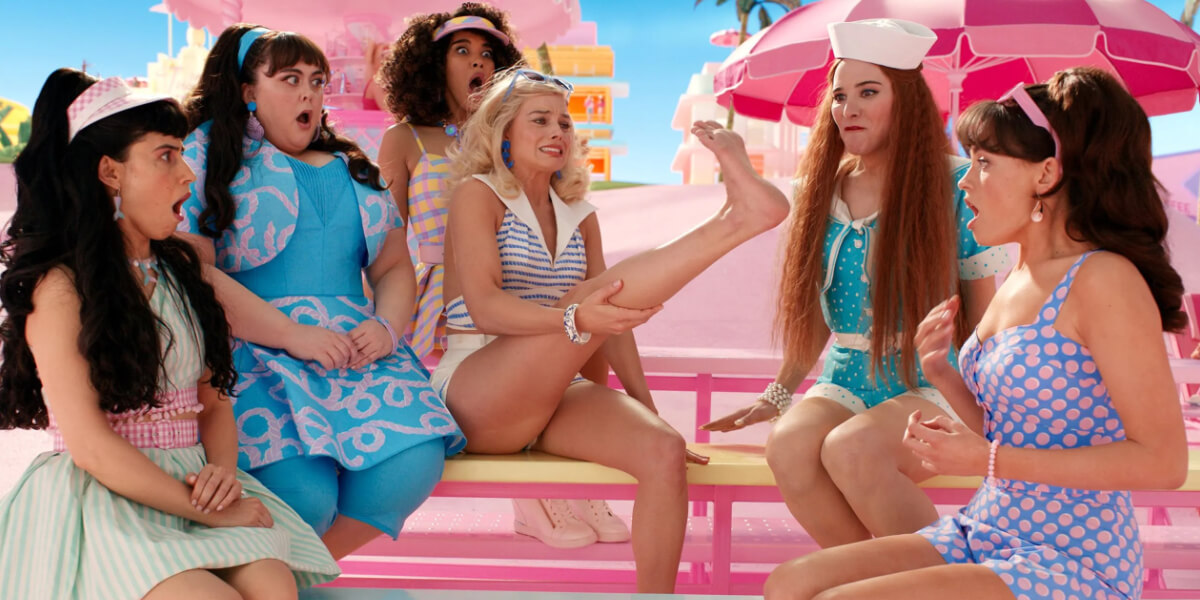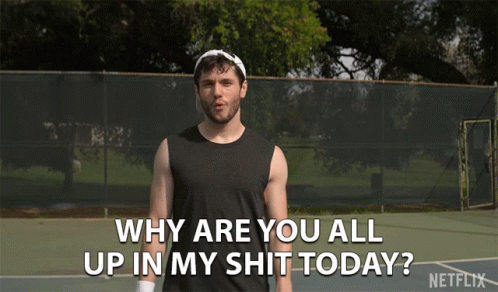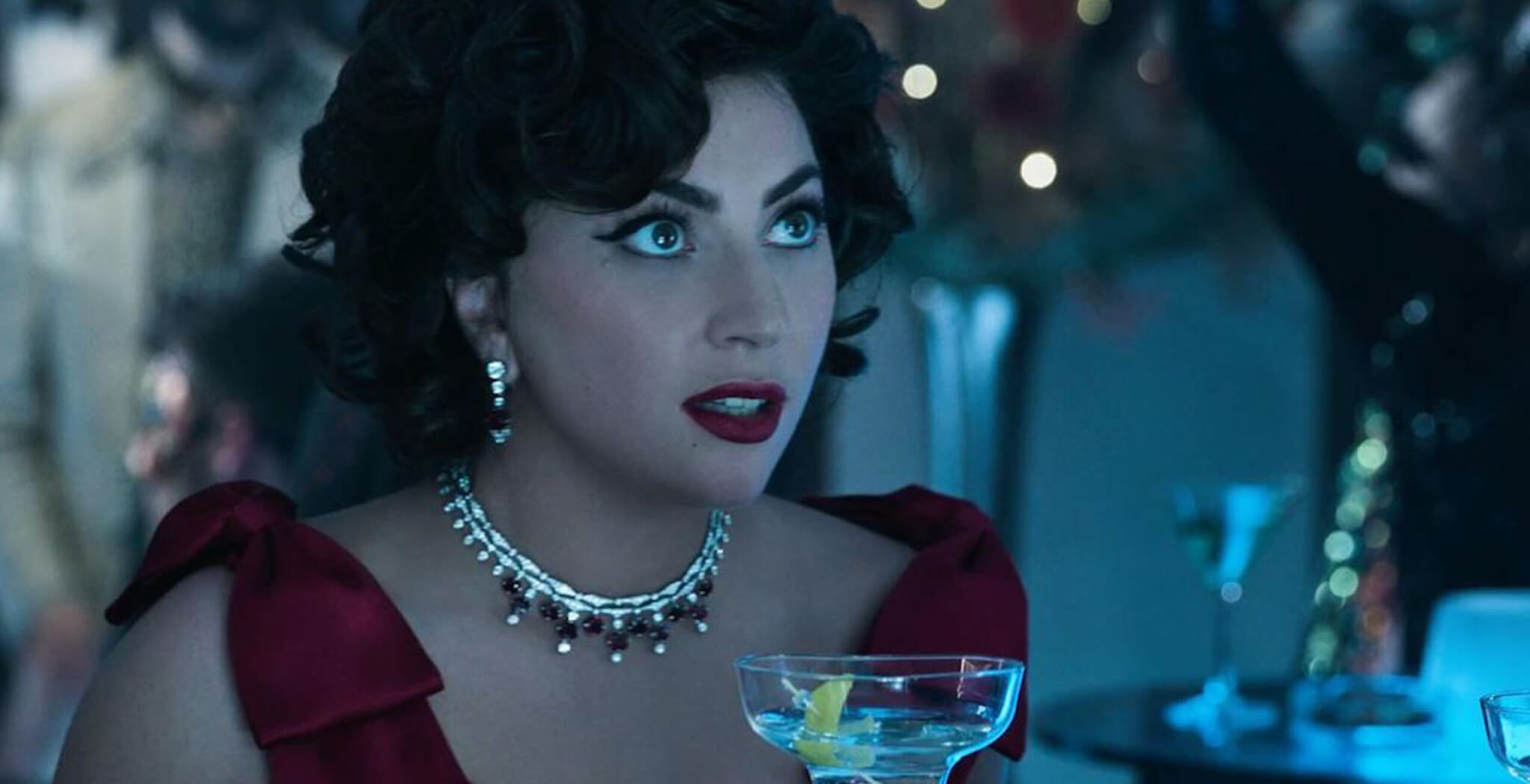If one of your biggest desires ever was to watch feature-length ads for products that have already been successful for decades and are well-known all around the globe, 2023 will be the best year of your life — and the future is looking even brighter for you: Mattel has 45 (yes, forty-five) movies based on their IPs in various states of development (13 of these movies are already officially announced), Eva Longoria’s directorial debut will be about the different flavors of Cheetos and Jerry Seinfeld is going to take a deep dive into the origin of Pop-Tarts.
This year, we’ve already got a movie about marketing guys who offered shitloads of money to an insanely talented basketball player to make him wear their shoes, we got a movie about the guy who got the licensing rights to one of the most popular video games (not about the guy who invented the game, BUT the guy who bought the licensing rights) and of course, there’s Barbie.
Mattel’s Barbie division has spent more than $100m on marketing this year – the buzz and hype surrounding this movie is no coincidence but a campaign orchestrated with surgical precision which successfully captured the cultural zeitgeist: TikTok gets flooded with Barbie-inspired outfits and Pink already became the new Black.
To maintain its value over time, a brand must evolve alongside societal changes. The Barbie doll, introduced amidst the Civil Rights movement, has experienced countless transformations to stay culturally pertinent and resonate with society’s collective mindset. This adaptation has not only cultural but also economic significance. Mattel’s strategic shift in 2016 to emphasize diversity in its Barbie line played a key role in reversing a declining revenue trend.
For CEOs, it’s crucial to reposition their brands from time to time to align their products with what social scientists are calling the collective consciousness of society and now companies are turning the power of film to extract even more money from their businesses’ intellectual property. The CEO of Mattel doesn’t even bother with the fact that he’s on a mission to “transform Mattel from being a toy manufacturing company that was making items to become an IP company that is managing franchises”. An IP company that is managing franchises. Let that sink in.
These dreary business-bullshit-bingo phrases are veiled by the ubiquitous self-irony that is currently indispensable for gaining access to contemporary pop culture: “If you love Barbie, this movie is for you,” the trailer says. But also, “If you hate Barbie, this movie is for you.” Self-mockery like that acts like a layer of Teflon against criticism – and the overall quality of a movie like Barbie doesn’t ever matter for reflecting on what it says about the current state of culture that we call glorified product placements a movie?
Vietnam has already banned the Barbie film before its release. The underlying controversy was triggered by a map that, according to the trailer, can be seen in the film. It shows the so-called nine-dash line. China uses this to assert its claim to around 80% of the area in the South China Sea. Vietnam, as well as the Philippines, Malaysia and Taiwan, do not recognize the line. Among other things, a ruling by the International Court of Justice in The Hague supports the view of the four countries. But China is way too important for the worldwide box office figures of Barbie to ever piss of the Chinese censors by changing anything about this map – Mattel has a vested interest in selling its products there and aiming for this market, companies are ready to accept the view of geography of the Chinese leading party – even if disinformation works by repetition. This controversy might be perceived as a minor fuck-up, but the fact that Warner Bros. doesn’t even bother to change it to something the International Court of Justice in the Hague would support speaks volumes.
The rise of product movies also shows the shifting balance of power between film studios and franchise managers: It was Warner Bros that paid Mattel for the film rights to the Barbie universe and not the toy manufacturer that commissioned a 114-minute commercial in the form of a feature film. An estimated 25 to 50 million is said to have been paid by Warner to Mattel. And there are of course more than a hundred different coops with other brands to promote barbie related products — from fast fashion at Primark to pink luxury watches from TAG Heuer.
What separates Barbie from a lot of other product movies already released or announced is the rejection of nourishing the mythologies of genius founders or inventors: product movies most of the time make excessive use of the trope of the lonely wolf, whose genius is either misunderstood or underestimated and whose groundbreaking innovations are ridiculed. And no matter how much these movies celebrate how capitalism rewards risk and imagination, they themselves appear as less risky, comparatively low-intensity iterations of more audacious business films.
And the sad irony is that these movies are always taking a risk-averse approach to generating audience interest. Barbie and other product movies also benefit from the advantage that awareness of the brand and the character already exists. This advantage, which is currently something of a gold standard in Hollywood, means that films with new material always lag behind in terms of marketing. Everybody knows what a movie called “Air”, Tetris”, “Unfrosted: The Pop-Tarts Story” or “Barbie” is about – but wtf is a movie called “The Banshees of Inisherin” about — or “Tár”?
The future of films centered around abstract or ambiguous concepts is in danger as they run the risk of being misunderstood or met with indifference by the audience. The rise of the product movies illustrates the complete lack of willingness to take risks within an industry that considers itself to be among the leaders of creativity. And no matter how good and creative the Barbie movie might be, any product movie first and foremost is built to sell products or to help reposition a brand.




























